Three things intrigue me about Nigerian politicians. The first is their unending capacity for deception. First deception on the people, which ultimately tails in uncanny self-delusion.That kind of thing in which people tell themselves so much lies, get so used to it and willingly substitute it for the truth.
The second is the failure and refusal to learn from mistakes. It is said that to have pitfalls, the horse at the back watches its precursor’s steps but that standard is too simple for Nigerian politicians to live with. They never learn from mistakes, not their own, not the ones committed by others.
The third point is a corollary of the second and it is their tendency for unmitigated self-destruct. Nothing but a mighty fall awaits people who fail to learn from the past.
Nigerian politicians take the people for complete fools. They pretend that all the issues that they fight and scramble about are in the interest of those who voted them into power, whereas it hardly is.
Advertisement
Of course, they get away with this fraud since the bulk of Nigerians are either too politically naïve or star-struck to ask questions or see through the repeated veneer of deceit.
The latest half-truth that politicians are selling to us is that former Vice President Atiku Abubakar is the most troubling reality of the ruling All Progressives Congress.
Following last week’s leakage of a video which showed Minister of Women Affairs and Social Development, Aisha Alhassan, express the hope that Atiku would be President of Nigeria in 2019 and her reiteration of a preference for her political godfather over President Muhammadu Buhari, on whose prerogative she is on the Federal Executive Council, members of the APC have continued to give the impression that they had a cohesive party until this ruffling by Atiku and his loyalists.
Advertisement
But that is dishonest.
It is true that Atiku’s ambition and the traction it seems to be gaining may truly have brought the storm home much earlier than expected, but the Atiku challenge is merely a token of the series of turbulence that the APC invited on itself and should prepare for. In the months to come, the party will have to contend with the Senator Bukola Saraki challenge as well as the Bola Ahmed Tinubu challenge, at the least.
And these problematic tendencies are not new at all. Like the umbilical cord naturally follows the delivery of a newborn, the raging and coming trouble were delivered alongside the birth of the APC. The party deceives, not just Nigerians but itself by pretending otherwise.
The deception gets more sickening when you realise that the National Working Committee of the party, whose member, Alhaji Inuwa Abdulkadir, National Vice Chairman (North-West), condemned Atiku’s criticism of the party and called for the resignation of Alhassan last week, is itself a representation of the conflicting interests in the party.
Advertisement
This is why as we speak, it has become impossible for any national organ of the party to take a concrete position on the issues in contention. The NWC is a body comprising people with divided loyalties and scant allegiance to the party which brought all these interests together.
This, of course, was the juncture the Kaduna State Governor, Nasir el-Rufai, had hoped to forestall when he spoke about the need to prepare “to check the excesses of the currently lopsided and perhaps ambivalent NWC,” in that very famous letter he sent to Buhari last year.
No matter what they now say, promoters of the APC entered into this hurried alliance with the sole purpose of getting rid of a common enemy, President Goodluck Jonathan. There was no firm determination of the terms of engagement and as soon as the adversary was rid of, the spoils of war became a curse on the winning team. ThisAlhassan revelation and Atiku’s succeeding serial outbursts are mere flashes of lightning before the imminent thunderstorm.
The cloud burst is avoidable though if these politicians would be a bit more teachable and noble in their motives. The truth is that everything the APC currently experiences has become trite to us as a people.
Advertisement
If these men and women were honest with themselves for instance, they would have realised that the same sentiments which drive the current discontent in the APC led the Peoples Democratic Party to the premature end of its run at the helms of national affairs in 2015. It is sad that the APC is caught in the same web just two years later.
Like it happened in the PDP, the fight that led five of its governors, some of who are active in the APC at the moment, the current trembling in the APC is neither about policy nor the principles of right or wrong.
Advertisement
On the contrary, it is about personal interests and pride, about gaining the upper hand, defending territories, turfs and sustaining egos.
You will recall that this scenario played out in the years preceding the 2015 elections. Jonathan, after taking control of the National Executive Council of the PDP through the installation of Alhaji Bamanga Tukur, went after the Nigeria Governors’ Forum which had become a control bloc.
Advertisement
At this time, forces that wanted Jonathan out of the Presidency were converging and the former President wanted his allies at the head of every influential group in the country.
Before then, things had fallen apart between him and former Governor Chibuike Amaechi for reasons which were more personal than the love of country and Rivers State that Ameachi tried to sell to Nigerians.
Advertisement
If no other fact was obvious, Amaechi had become an ally of forces that were opposed to Jonathan, including Saraki. Saraki also literally had a seat at the highest decision-making table of the PDP until Alhaji Abubakar Kawu Baraje was replaced by Tukur. This removal edged Saraki out of the room. His only footstool on the national plane remained at the NGF which Jonathan was beginning to get interested in by insisting on any other leader but Amaechi who was not with him.
Amaechi won with the collaboration of governors outside of the PDP but that victory brought the NGF to untold crisis and marked a point of no return for Jonathan and the forces that were against him in the PDP.
By then, the egos of men had taken over, the parties went to war, sparing no arsenal in their possession until someone got terminally bruised. Jonathan lost the elections, with suspicions that many party leaders betrayed him and the PDP has never been the same. That a similar war is brewing in the APC so soon after, shows that no lessons have been learnt.
Now, that is really sad especially considering that all the likely combatants in the current situation witnessed the acrimony that brought the self-styled largest party in Africa to its feet; in fact, a significant number of these people were on the frontline of the PDP battle. However, it is clear that neither those who had personal experience of the war nor those who watched from the sidelines learnt anything significant from the fall of the erstwhile ruling party.
As things stand, current holders of power will come down heavy on all contending tendencies, appropriate all the power to themselves, alienate the disgruntled and unwittingly whittle down the chances of their party to come to war as a single front.
Self-interest and personal ego will blind the stalwarts to the virtues inherent in communication and work for compromises for the benefits of all. To sustain the self-righteous persona that each of the groups has created, they will work hard at destroying one another without care for the purpose that they came together in the first place.
But the APC can still let reason prevail. Rather than let this Atiku situation lead the party into a long drawn battle which would do no one good, it should be seen as an opportunity to genuinely address the concerns of every power bloc in the party and arrive at some acceptable compromise. That is what a party, truly interested in the welfare of the people would do in the circumstance. But then, how many of those around the corridors of power here, truly see political power as a venture on behalf of the people?
Twitter: @niranadedokun
Views expressed by contributors are strictly personal and not of TheCable.
1 comments


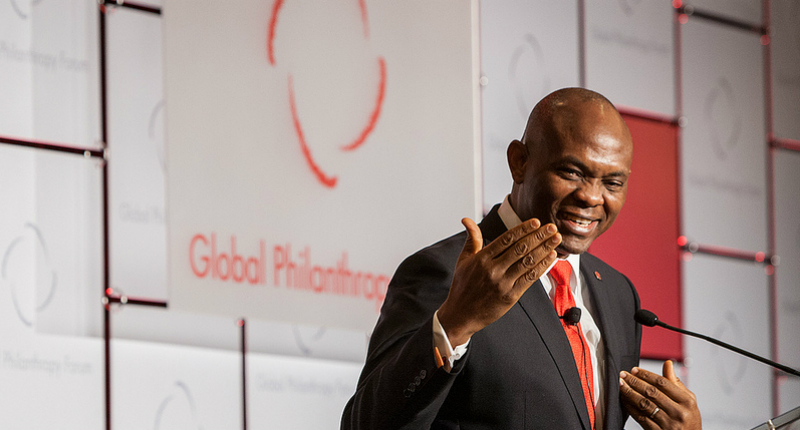
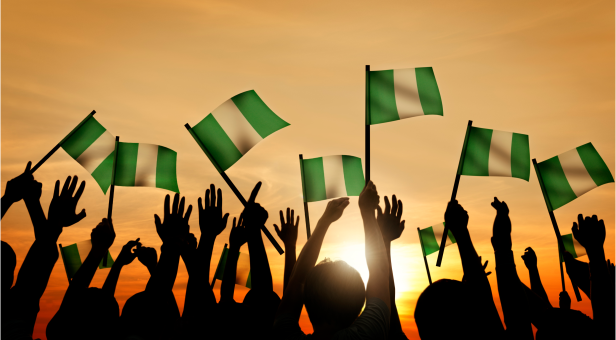
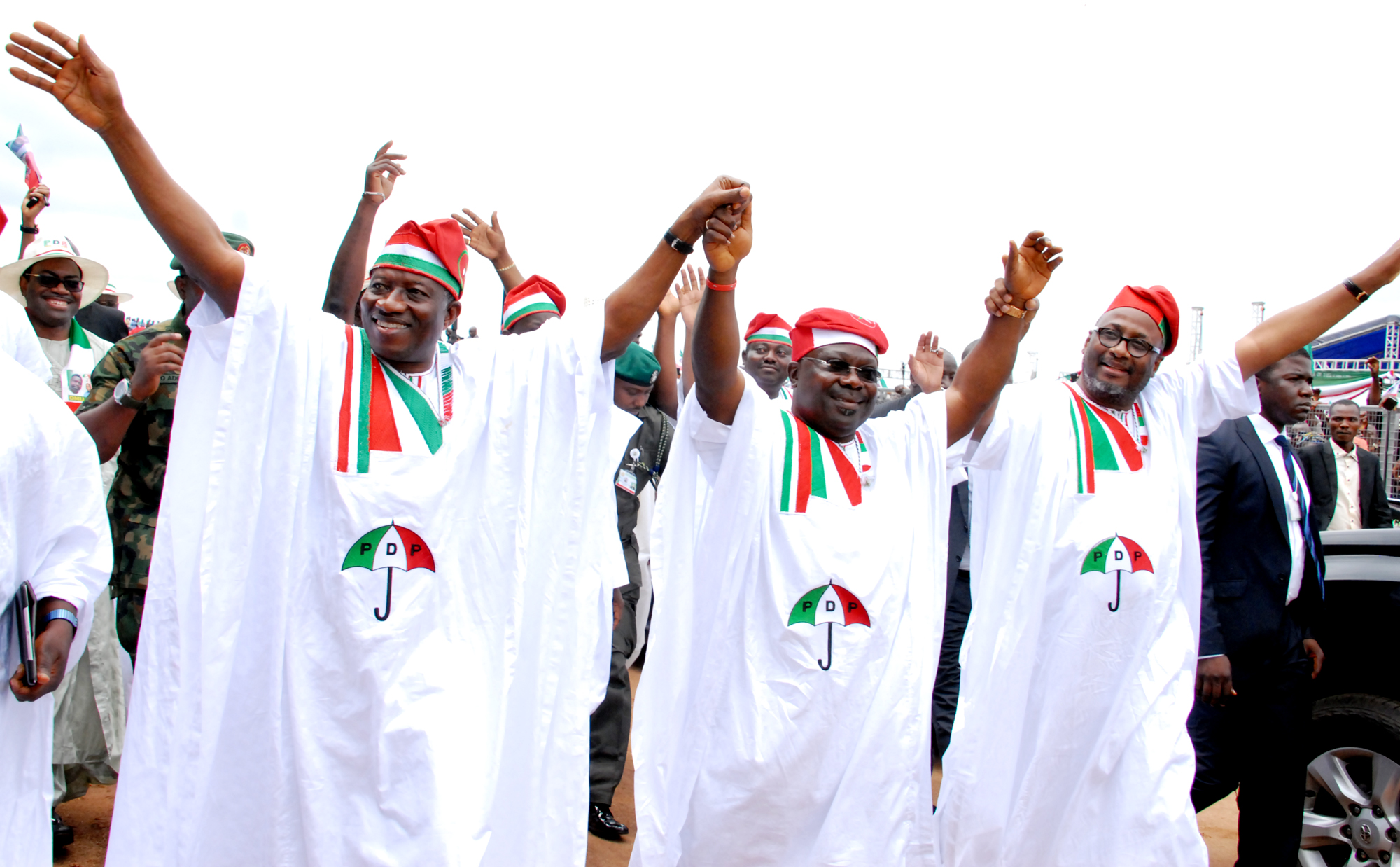
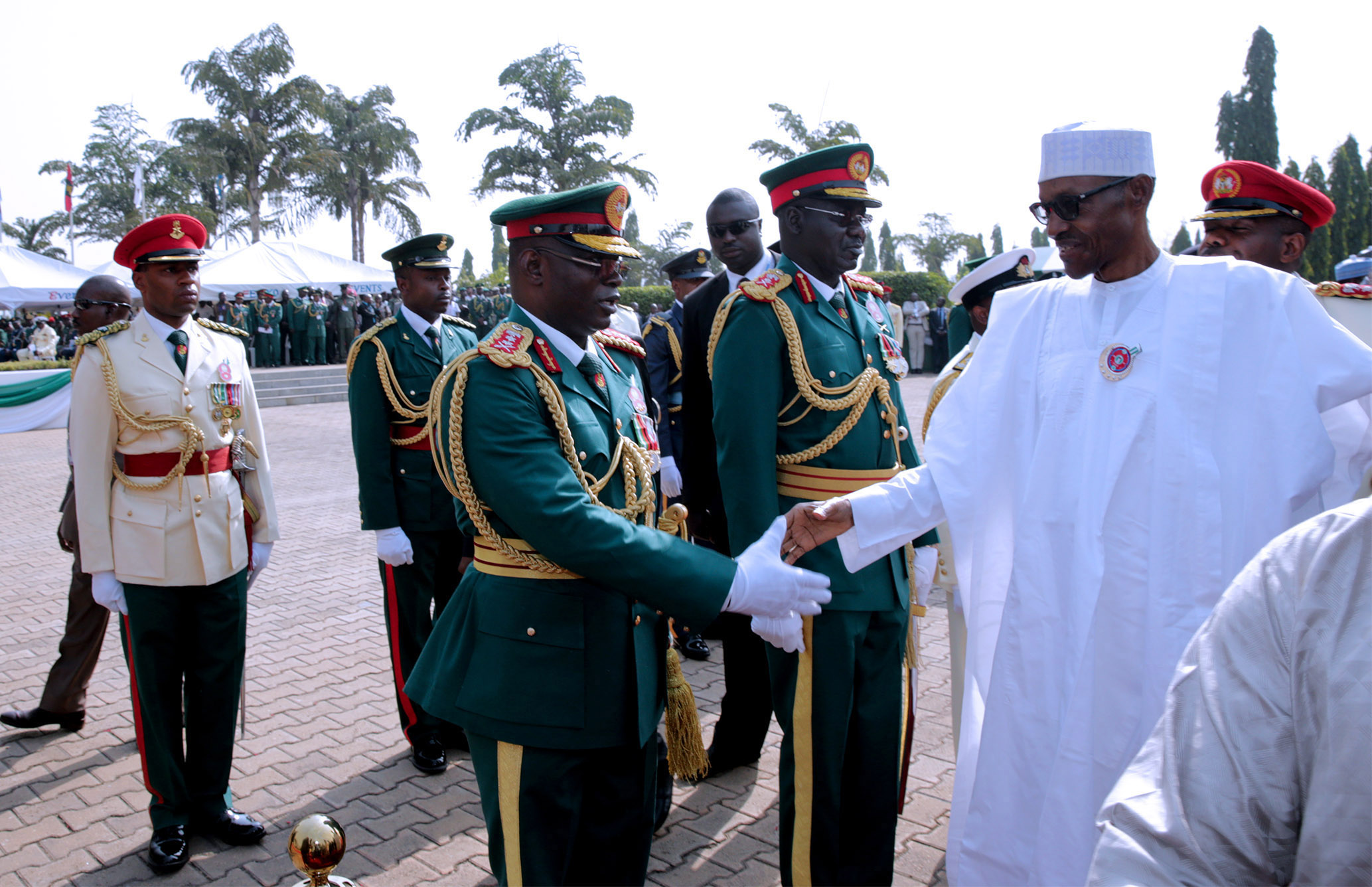

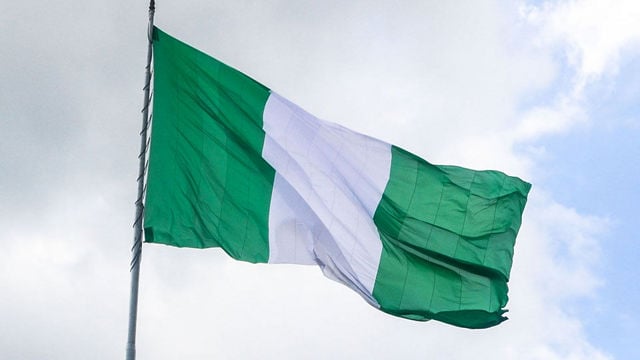
Uniting the party and moving the country forward is the best. .